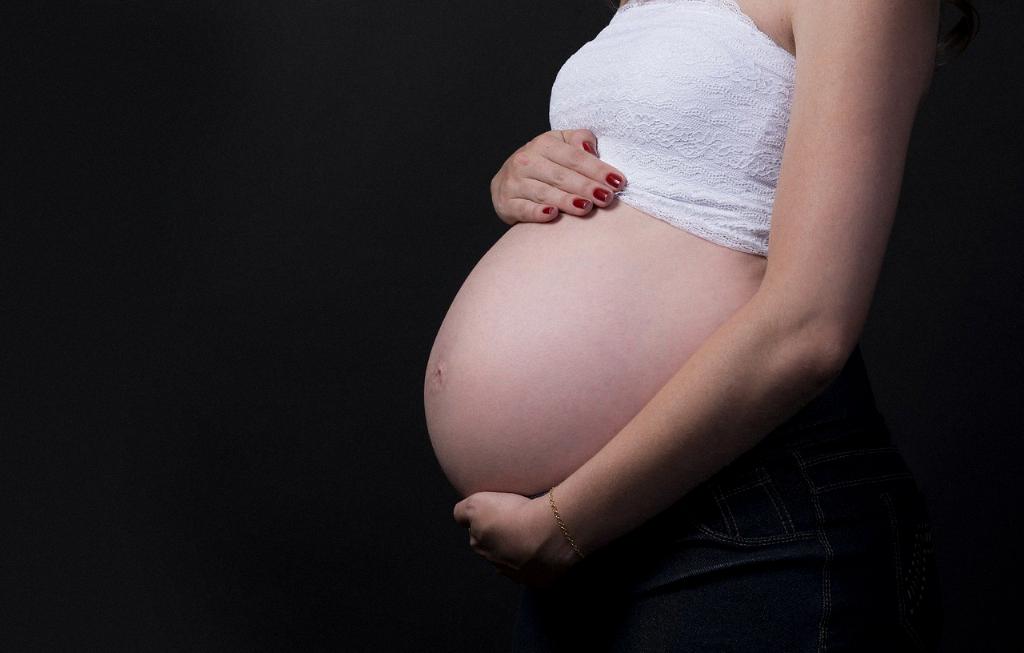Many women experience changes in their urination patterns during pregnancy. It is considered normal for pregnant women to urinate more frequently than usual, with the frequency typically ranging between four to ten times a day. This increase in urination is primarily due to hormonal changes and the growing uterus putting pressure on the bladder.
Frequent Urination
Frequent urination, which is defined as going more than seven times a day, is a common symptom experienced by 80 to 95 percent of pregnant women at some stage during their pregnancy. This can start as early as the first trimester and continue throughout the pregnancy. It is usually considered a normal part of the body’s adjustments to accommodate the developing baby.
Nocturia During Pregnancy
Nocturia, the need to urinate two or more times overnight, is also a prevalent issue for pregnant women. The frequency of nocturia tends to increase as the pregnancy progresses, often due to the kidneys producing more urine and the pressure on the bladder from the enlarging uterus. Despite being disruptive to sleep, it is generally considered a normal occurrence during pregnancy.
Causes of Increased Urination During Pregnancy
Several factors contribute to the increased frequency of urination in pregnant women. Hormonal changes, notably the increase in human chorionic gonadotropin (hCG) and estrogen levels, lead to an increase in blood flow to the pelvic area and kidneys, stimulating more urine production. Additionally, as the baby grows, the expanding uterus places pressure on the bladder, reducing its capacity and causing the need for more frequent urination.
Effects of Increased Urination on Pregnancy
While frequent urination and nocturia may be bothersome for some pregnant women, they are rarely a cause for concern. However, it is essential to stay hydrated throughout pregnancy to support the increased fluid requirements and enable the body to flush out waste products efficiently. Dehydration can contribute to urinary tract infections which should be monitored and treated promptly during pregnancy.
Managing Frequent Urination
There are various strategies that pregnant women can employ to manage frequent urination and improve their overall comfort. These include avoiding caffeine and acidic foods that can irritate the bladder, emptying the bladder completely when using the restroom, practicing pelvic floor exercises to improve bladder control, and maintaining a healthy weight to reduce pressure on the bladder.
When to Consult a Healthcare Provider
While increased urination is a common and expected symptom of pregnancy, there are instances where it may indicate a potential issue. Pregnant women should consult their healthcare provider if they experience pain or burning during urination, notice blood in the urine, have a fever, or feel an urgent need to urinate but can’t pass urine. These could be signs of a urinary tract infection or other complications that require medical attention.
Conclusion
Overall, experiencing an increase in the frequency of urination during pregnancy is considered normal for most women. The changes in hormone levels, the growth of the uterus, and the increasing blood flow to the pelvic area all contribute to this common symptom. By staying informed about the causes and effects of increased urination and implementing strategies to manage it effectively, pregnant women can navigate this aspect of pregnancy with greater ease and comfort.

